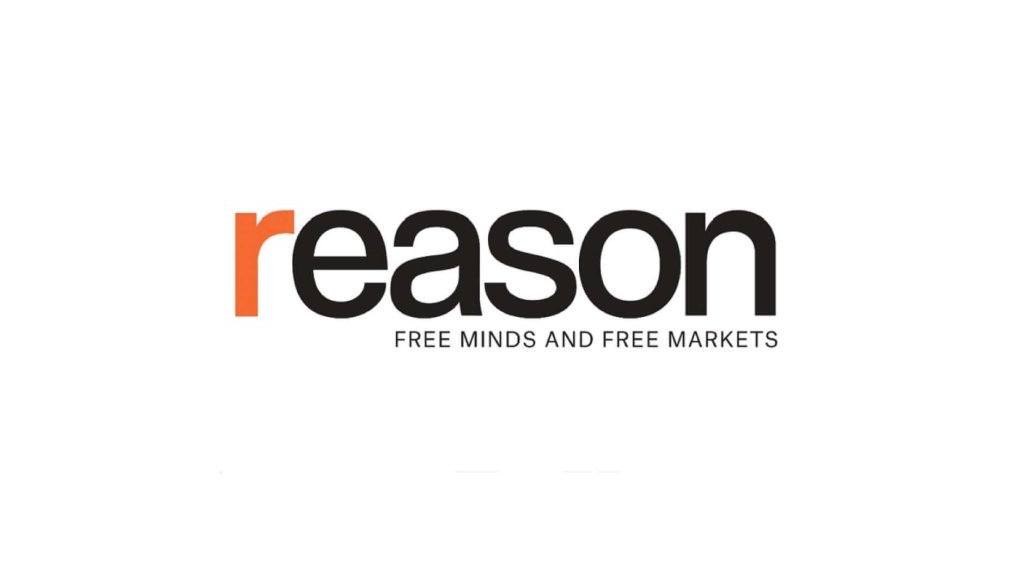Facebook’s New Free Speech Policy Shows Business Getting Back to Business
Big tech seems to be getting out of the censorship business, and it’s about time. After years of increasingly awkward attempts to placate demands from activist groups and the government to suppress allegedly hateful speech and an amorphous category of “disinformation,” Facebook owner Meta is joining X (formerly Twitter) in substituting user-generated community notes on contested posts for top-down muzzling. There’s no doubt that political shifts in the U.S. heavily influenced the rediscovery of respect for free speech. But whatever the reason, we should celebrate the change and work to make it permanent.
Succumbing to Pressure To Censor
“After Trump first got elected in 2016, the legacy media wrote nonstop about how misinformation was a threat to democracy,” Meta CEO Mark Zuckerberg announced in a January 7 video. “We tried in good faith to address those concerns without becoming the arbiters of truth. But the fact-checkers have just been too politically biased and have destroyed more trust than they’ve created, especially in the U.S.”
“What started as a movement to be more inclusive has increasingly been used to shut down opinions and shut out people with different ideas, and it’s gone too far,” he added.
The implication here is that Zuckerberg and company succumbed to pressure to suppress speech disfavored by the bien pensant class, but rather than satisfying critics, that just fed demand to memory-hole ever more discussion and ideas. The ranks of those demanding that Facebook act as a censor also expanded and became more ominous.
“Even the U.S. government has pushed for censorship,” Zuckerberg noted. “By going after us and other American companies, it has emboldened other governments to go even further.”
This isn’t the first time the Meta CEO has cited government pressure to act as an end-run around the First Amendment’s protections for speech. In an August 26, 2024, letter to the House Judiciary Committee, he revealed that “senior officials from the Biden administration, including the White House, repeatedly pressured our teams for months to censor certain COVID-19 content, including humor and satire.” He also admitted to suppressing reports about Hunter Biden’s laptop at the FBI’s request.
Succumbing to Pressure for Free Speech
By the time of that letter, the backlash against social media censorship was well underway. Elon Musk’s purchase of Twitter (now X) led to the publication of the Twitter files, revealing government pressure on the platform to suppress dissenting ideas. The Facebook files revealed the same of Zuckerberg’s company. U.S. District Court Judge Terry Doughty wrote that government pressure on tech platforms “arguably involves the most massive attack against free speech in United States’ history.” These revelations vindicated complaints by critics of pandem
Article from Reason.com

The Reason Magazine website is a go-to destination for libertarians seeking cogent analysis, investigative reporting, and thought-provoking commentary. Championing the principles of individual freedom, limited government, and free markets, the site offers a diverse range of articles, videos, and podcasts that challenge conventional wisdom and advocate for libertarian solutions. Whether you’re interested in politics, culture, or technology, Reason provides a unique lens that prioritizes liberty and rational discourse. It’s an essential resource for those who value critical thinking and nuanced debate in the pursuit of a freer society.




